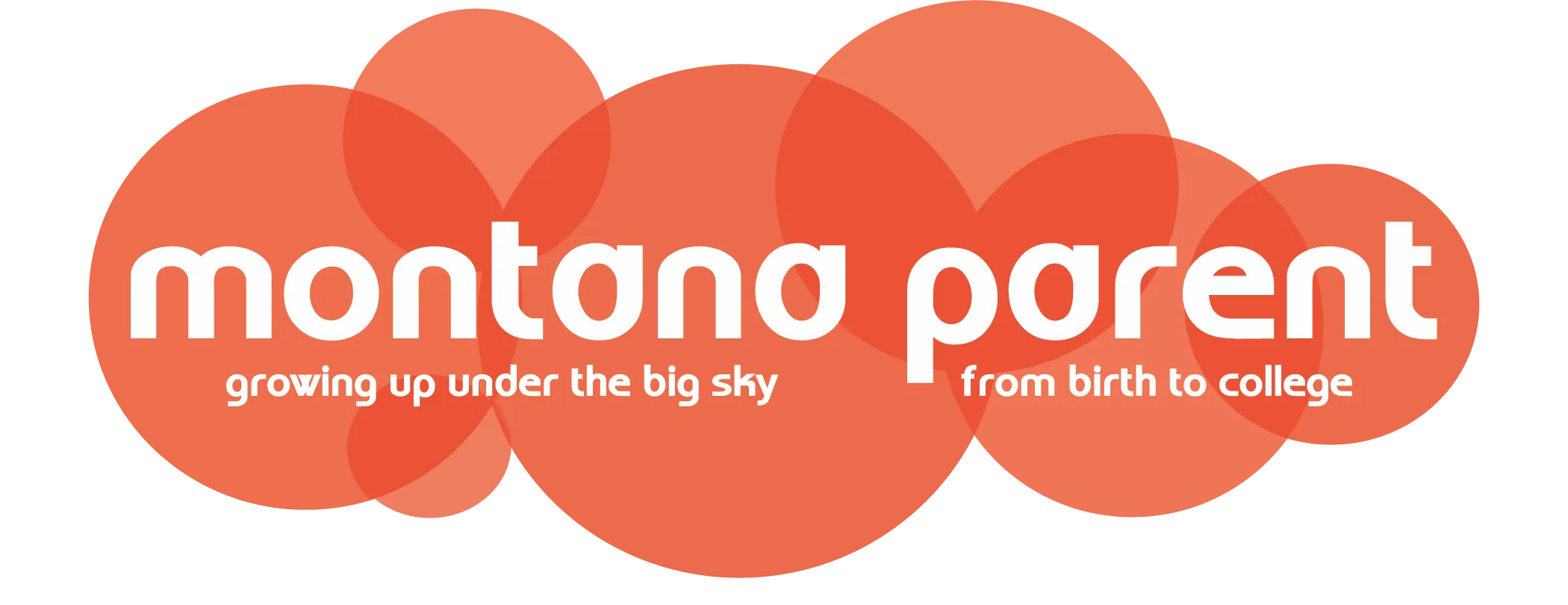Will the DARK Act Affect Our Food Choices?
October 02, 2015
Posted By: Shaunescy
Written By: Willow Black
This summer I had the good fortune of eating well as I traveled. In the past, I frequently found myself in a food desert whenever I ventured outside my little Bozeman bubble. I’ve found that my dietary needs and preferences are best met with me making food from scratch in my own kitchen. However, during my travels I found restaurants serving non-GMO, organic, local food. I also found the grocery stores I frequented now had a broader selection of GMO-free options, with many new products that were absolutely delectable. I wondered if I was simply getting better at finding good, wholesome food choices or if something else was going on. I came to the delicious realization that the food industry’s voluntary response to public demand for GMO-free products and labeling continues to accelerate in a big way.
A whopping 93 percent of Americans want the federal government to require GMO labeling, a rare consensus in public opinion. You have to ask yourself, if the food industry is responding to public demand, who is our government listening to and what actions are being taken in response? Enter H.R. 1599, the “Safe and Accurate Food Labeling Act of 2015,” commonly known as the DARK Act (Deny Americans the Right to Know). While the official name of this bill implies that our food will be labeled safely and accurately, it is intended to do anything but. It would make it voluntary, not mandatory, for companies to label GMO foods and would require the FDA to regulate the distribution and labeling related to these products, pre-empting states’ rights. Not only would the bill prevent states from issuing their own food labeling requirements for GMO foods, it would undo labeling laws that some states have already worked to put into place.
Concern over long-term GMO-related health effects continues. Scientists are questioning why the precautionary principle is not being followed when we’re talking about something as important as the safety of our families’ food. A lack of independent, long-term studies showing that GMOs are safe is one factor fueling the concern, as are the independent studies, undertaken outside of the U.S., that demonstrate that GMOs and their companion chemicals can result in unwanted health risks.
Many American companies who support H.R. 1599 have an international presence, which requires their products sold outside the U.S. to be GMO-free or labeled “May Contain GMOs.” If U.S. companies are already producing GMO-free versions of everyday products, why is there so much opposition to satisfying U.S. public demand?
In all countries, around the world, governments are responsible for public health and safety and environmental protection, and it’s up to constituents to hold them accountable. If you’re not yet aware, H.R. 1599 recently passed both the House and the Senate and currently sits on President Obama's desk. As there is great public concern, it’s important to voice our opinions to our representatives.
We also need to remember that we, as consumers, are empowered. Every food dollar you spend is a vote that defines what food you will find on the self on your next trip to the store. The industrial food system is also a major contributor to the health of our environment. As we are fortunate to live in “the last best place”, we have the added responsibility of being aware of how our consumption affects the environment we all love, enjoy and want to protect.
Willow Black is a mother of two with a professional background in early childhood education. Working in an industry of nurturing children, she found herself on the cusp of a cultural revolution, one led by the technology of genetic engineering. Given her exposure, she’s driven to share information on how emerging new technologies, in this case genetic engineering as it relates to our food system, are being applied and need to be openly debated.














